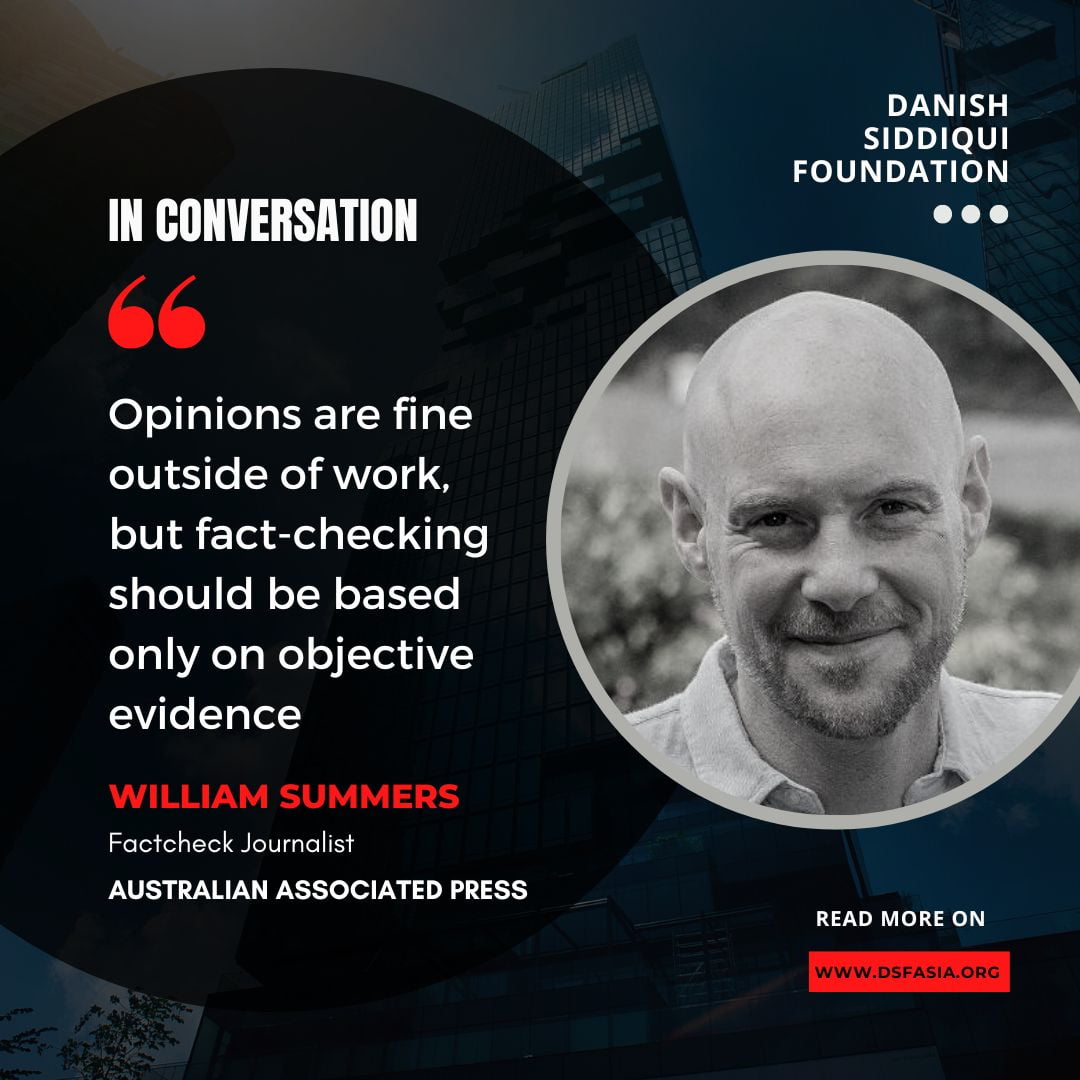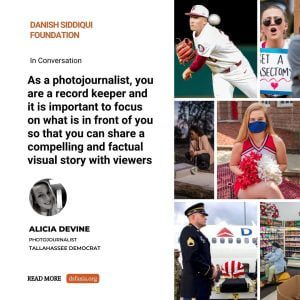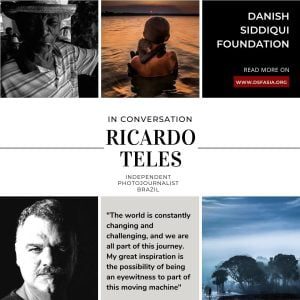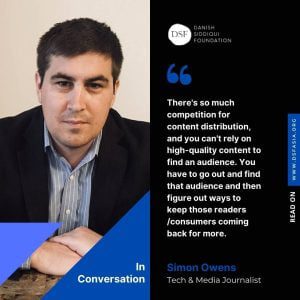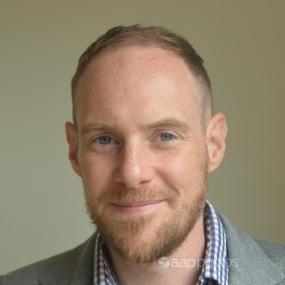
What inspired you to become a journalist?
I got into journalism relatively late. I previously worked as a political adviser, affordable housing campaigner, and media officer before falling into journalism several years ago. I first worked as a freelance journalist – mostly writing stories based on information gained through Freedom of Information requests and open data – then landed my first permanent journalism job with AAP FactCheck in 2021. I became a journalist because I realized I was good at uncovering exciting information. I was lucky enough to be able to turn my hobby into my profession.
Which have been your most memorable stories?
I previously did a lot of stories about politicians’ expenses (e.g., using public money to pay for travel to party fundraisers or family holidays). My most memorable stories are the ones that led to MPs being forced to pay back public money. In some small way, my stories helped reduce the misuse of public funds.
And your most challenging ones?
The most difficult stories I’ve covered have been fact-check articles about COVID and COVID vaccines. The science was often hard to explain in everyday English, particularly early on in the pandemic when the science was evolving very quickly, and most people’s knowledge about vaccines was low (including mine). But I learned a lot from those stories. The time spent rewording complex sentences made me a better writer. I also learned more about vaccines than I ever wanted!
Why did you decide to become a fact checker?
I knew fact-checking was the perfect job for me because it combined journalism with evidence-based research. I already spent a lot of my time correcting misinformation for free, so I thought: ‘why not get paid for it?’!
Why is fact-checking important?
Fact-checking is the future of journalism – and I do not mean that as a good thing. In an ideal world, fact-checkers would not be needed. But for now, human fact-checkers are required to identify and slow the spread of misinformation. Realistically, fact-check articles are unlikely to win over people who have already been sucked into conspiracy spirals. Those people won’t read what we write; even if they did, they wouldn’t believe us. Instead, our job is to explain the facts – backed up by credible sources and expert opinion – so reasonable people can make up their minds.
Can you give us some real examples highlighting the usefulness and importance of fact-checking?
AAP FactCheck’s recent election project in Australia (before the May 2022 federal election) published dozens of fact-check articles about political claims made during the election campaign. In some cases, our fact-checks seemed to stop politicians from repeating false claims – though not always! More importantly, they helped voters to distinguish political fact from political fiction. Fact-checking organizations have collectively published hundreds if not thousands of articles debunking false claims about COVID-19 vaccines. Unfortunately, once one theory is debunked, the conspiracy theorists quickly move on to the next false claim – but at least they aren’t being allowed to spread misinformation without anybody pointing out the flaws in their arguments.
What are the key challenges you face while fact-checking?
The main challenge of fact-checking comes before the first sentence of the fact-check article is written. Before doing anything else, you must distill the claim you want to check into a clear and simple statement that you can prove or disprove beyond a reasonable doubt. If you are not clear about precisely what you are checking, you can easily find yourself straying away from the main purpose of the check. It sounds simple, but when you listen to politicians speak, for example, how clear are their claims and how many could be fact-checked beyond a reasonable doubt?
Do you feel current fact-checking initiatives are sufficient to tackle the flow of disinformation? If not, in your opinion, what more can be done?
Many fact-checking initiatives are already in place to tackle the spread of misinformation and disinformation. We also need to do more to educate people about how to spot false news. (AAP FactCheck ran a campaign before the 2022 Australian election asking people to think twice before sharing social media content that doesn’t seem right.)
How can users protect themselves from falling for fake news
Cynicism is not generally thought of as a good quality in humans, but it can often be a valuable tool to spot fake news! When people see a surprising ‘fact,’ they should ask themselves: where does this information come from, who is sharing it and why? A simple Google search for a topic (including the words ‘fact check’ in the search) can be a very quick way to verify questionable information.
What career advice would you give someone who wants to become a fact-checker?
Reference everything you write. Fact-checkers must back up everything they write with credible references to the source. Opinions are fine outside of work, but fact-checking should be based only on objective evidence.
Disclaimer: The views and opinions expressed by those interviewed by the Danish Siddiqui Foundation, including all program participants, are solely their own current opinions regarding events and are based on their own perspectives and opinions. The views and opinions expressed do not necessarily reflect the views or opinions of the Danish Siddiqui Foundation, or the companies with which any program participants/interviewees are, or maybe, affiliated.

